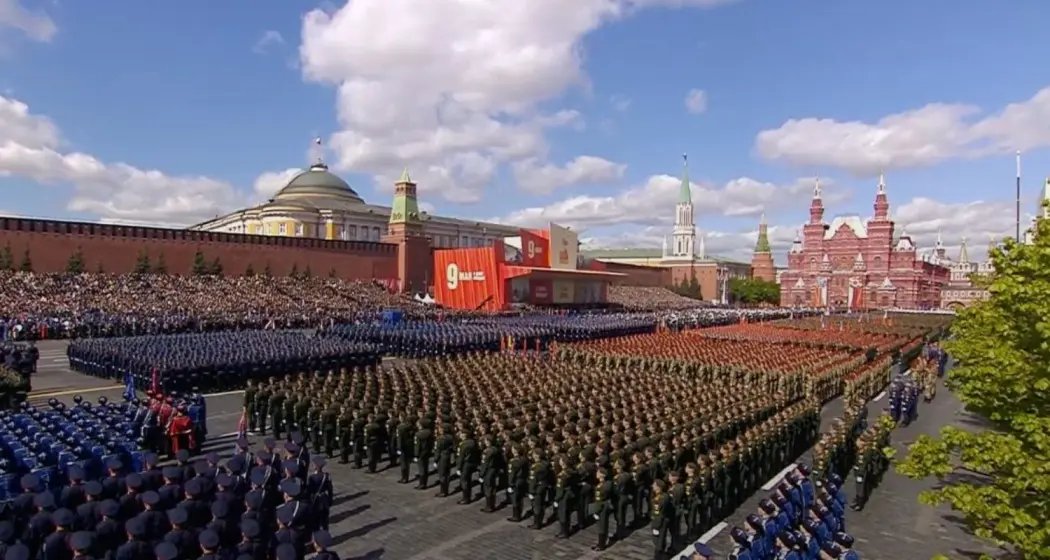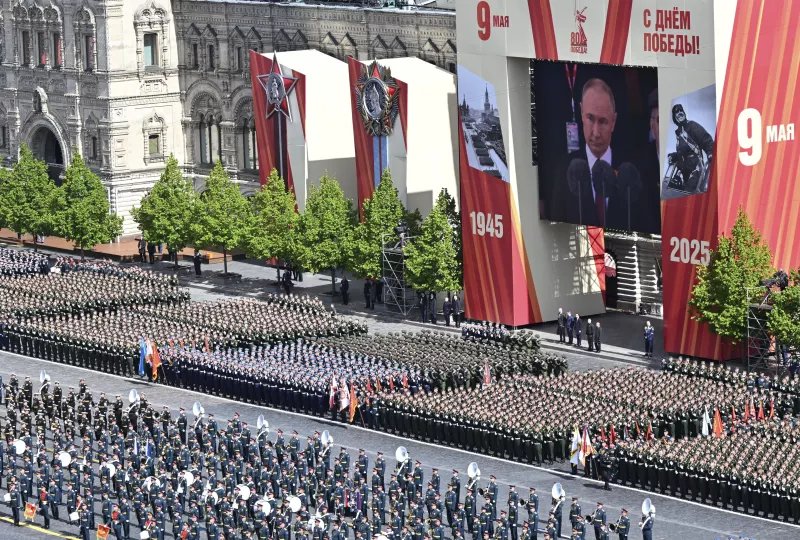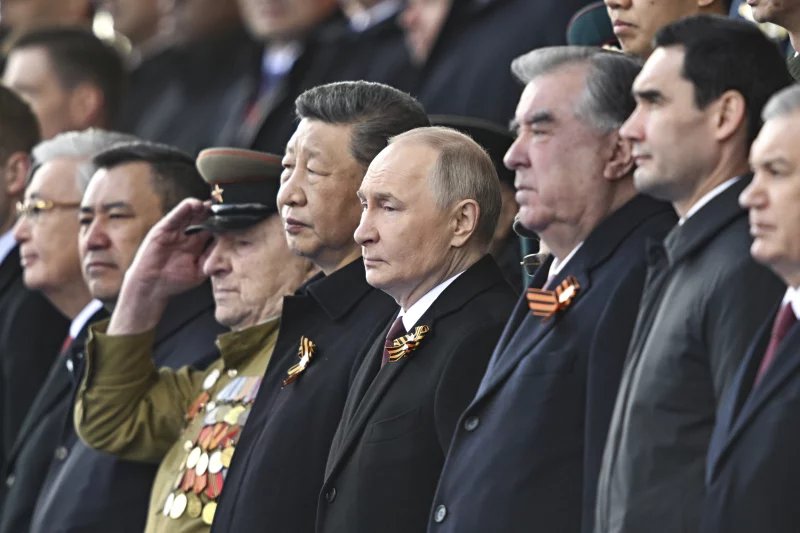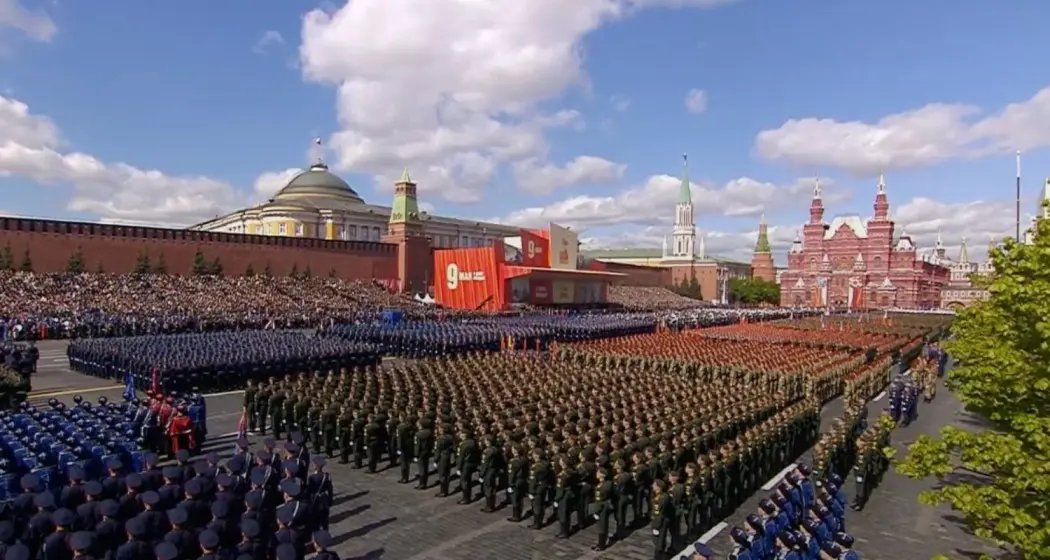On May 9th, Russia marked the 80th anniversary of the defeat of Nazi Germany, an occasion that stands as one of the most significant moments in the country’s history. The day, widely recognized as Victory Day, commemorates the end of World War II in Europe and honors the bravery and sacrifices made by the Soviet Union in defeating Nazi forces.
The event, held in Moscow, featured grand military parades, powerful speeches, and emotional tributes to the fallen soldiers and civilians who contributed to the historic victory. The city’s Red Square became a backdrop for a show of strength, as thousands of troops, tanks, and military vehicles paraded in front of the nation’s leaders and citizens.

**Victory Day: A Symbol of National Pride and Resilience**
Victory Day is not only about remembering past military triumphs, but it also serves as a reminder of the resilience and unity that helped Russia emerge from one of the deadliest conflicts in history. The defeat of Nazi Germany in 1945 was the result of immense sacrifices and the unwavering determination of millions of Soviet soldiers, workers, and civilians who stood firm against the Axis powers.
In addition to the military parade, a series of cultural events were organized across Russia, with veterans and their families taking part in various ceremonies to honor those who fought in the Great Patriotic War. The day was filled with reflection, pride, and a solemn reminder of the cost of freedom.
**The Legacy of Victory: A Global Impact**
The victory over Nazi Germany did not just shape Russia’s future but also played a pivotal role in the outcome of World War II, influencing the geopolitical landscape of the 20th century. As the Soviet Union led the charge in defeating Hitler’s forces, the war shifted towards its final stages, leading to the eventual surrender of Nazi Germany on May 7, 1945. This marked the collapse of one of the most destructive and oppressive regimes in history.
The defeat of Nazi Germany solidified the Soviet Union as a global superpower, with far-reaching implications for international relations and the post-war reconstruction of Europe. The sacrifices made by the Soviet people remain an integral part of Russia’s national identity and collective memory.

**80 Years Later: A Reflection on Sacrifice and Victory**
As Russia commemorates the 80th anniversary of this monumental victory, it serves as a reminder of the importance of preserving history and the lessons learned from past conflicts. The events of 1945 have left an indelible mark on the world, and the anniversary offers an opportunity to reflect on the sacrifices that led to the peace and freedom enjoyed by nations around the globe today.
Victory Day continues to unite generations, ensuring that the legacy of those who fought in the Great Patriotic War remains alive in the hearts of all Russians. As Russia looks back on the last eight decades, it honors the strength, courage, and patriotism of its people, who contributed to one of the most important victories in human history.

The 80th anniversary of the defeat of Nazi Germany is not just a moment for Russia to celebrate military achievement, but also a chance to remember the human cost of war and the enduring values of resilience and unity. The legacy of this victory continues to shape the nation’s identity, inspiring future generations to uphold the ideals of freedom, peace, and justice.
